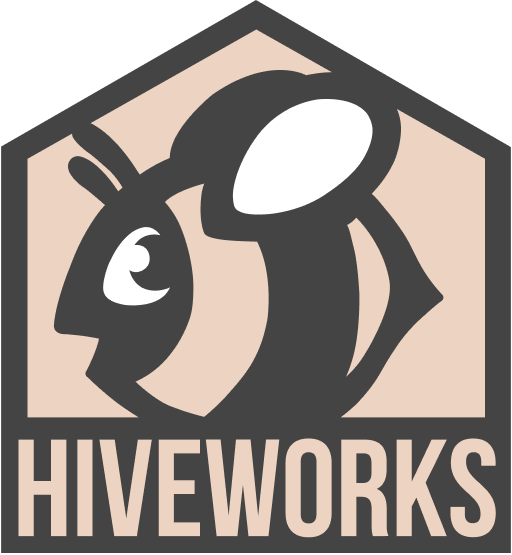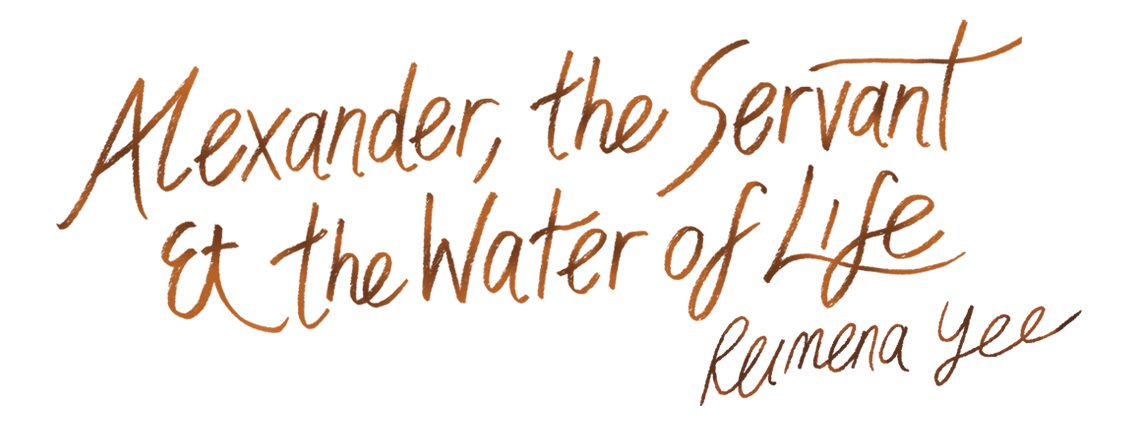
Airtable Primer
In order to keep my research organised and accessible, I’ve collected everything into a database/spreadsheet app called Airtable.
The most important thing I want to mention is that the Alexander Comic Airtable you see on this website is simply the for-public copy of the original database. The original database contains pictures and copies of PDF articles that are only for my reference and not available for public viewing. I’ve removed those from the for-public database in order to protect the authors’ copyright.
Anyway,
The Alexander Comic Airtable is divided into six tabs:
- Academic Sources: A list of articles, monographs and journals from scholars. The list spans a diverse breadth of topics, from royal fashion, Macedonian lifestyle, minute details on the Romance, and all the little things that make the graphic novel’s world come alive. An abstract is included if available. Each article may come paired with personal notes where I pick out the most interesting bits of information.
- Core Sources: The books and articles that inform the core of the graphic novel.
- Receipts: The most interesting section. Here I list every narrative decision (‘receipts’) I made in my Alexander Romance. Each decision is then tagged with the relevant academic and core sources. Accompanied with an author’s commentary.
- Art Receipts: As above, but for visual details.
- Philosophy: Books, movies and short pieces which creatively influenced me as an author-illustrator during the story’s production.
- Archives: A list of museums, libraries, websites and open-access resources I relied on for research.
HOW TO READ THE DATABASE EFFECTIVELY:
- Begin with Receipts or Art Receipts. Read in chronological order or search for the receipt you’re interested in.
- Click on the Sources columns to reveal the titles of the books or articles.
- Enter the Sources tabs and find the relevant book or journal.
- Search the book or journal online to obtain it.
OR
- Open the database and webcomic on separate windows.
- Read the receipts and the comics pages side-by-side.
WHY I MADE THIS DATABASE AND WHY IT’S SO PUBLIC
I’ve noticed being upfront about how our storytelling intersects with our research isn’t a common practice among historical fiction authors, especially in comics. For what it’s worth, I don’t think it’s necessary and I do hope this database doesn’t pressure future authors. (It’s already hard enough to make a book!)
Me building a database and making it public is a personal decision that directly connects with my core values. I am an advocate for accessible education. I want to show that being an amateur researcher is fun and exciting. I also believe in communicating knowledge to the public in an approachable, compelling and human way – whether that’s science or the humanities.
Additionally, I believe that being transparent about my research, my process, is part of creative accountability. What I’m doing here is not just drawing or writing; I’m passing on to you, the reader, my understanding of the subject matter.
Usually, the average person doesn’t pursue further beyond the four walls of a theatre or the pages of novel (it’s okay. I don’t do it either for most things). So they will accept what they read or watched unquestioningly. This may accidentally impress a false (or true?) conception of what XYZ history or culture is like.
This phenomenon is not malicious or ignorant. I think active checking of information is just not habitual. Most importantly, I think it proves just how powerful storytelling is. Because you trust me, the creator, to tell a compelling story, you also trust me to do my due diligence. This is the responsibility that affects not just creatives, but communicators in the sciences and humanities.
So here I am. This database is my due diligence. I am using it to show my working, the logic or illogic of my thoughts, whatever. I am pretty upfront about my limits and I know what my role is as an author, especially of this 21st century Alexander Romance. All I want you to get from this database is a better engaged understanding of my book’s voice, to appreciate the handmade nature of this undertaking, and to be inspired and learn more about the world.
On a simpler level, I’m a nerd and I’m doing this for all the other nerds.
DIGITAL ARCHIVES, THE CREATIVE ARTS & SUPPORTING OPEN RESEARCH
More than 90% of my research is conducted online, thanks to the digital archives of museums and libraries as well as open-access repositories. Digital access to museums and libraries is only possible because of public funding and support. Unfortunately, budgets for museums and libraries are often some of the first to be slashed. This threatens not just the livelihood of staff, but also the democracy of knowledge, especially in an internet that is becoming more privatised each day.
Another thing I have experienced is the prohibitive and expensive access to many e-journals and e-books. I live in a global south, Southeast Asian country, so I don’t have easy institutional access because the libraries and universities are not well-supported. I can’t always get things legally for free. Paywalls are ludicrously absurdly priced, and I don’t think I can convey the shock of financial inequality between richer, developed countries and poor, developing ones, except… if you’re from the UK or US, imagine being charged USD 300 to access a 10 page PDF. That is what USD 45 feels like to a global south student or amateur researcher. Maybe some people don’t see this as a problem, but it contributes to the neocolonial gatekeeping of knowledge. All because the global south is too poor to afford the paywalls.
In many cases where I could afford the journals and books, digital versions are not available anywhere. Well, do you want my money or not? And if you ask, why not get the print copies? The reason why I resort to digital copies of books is because I live in a tiny apartment with no elevator; I don’t have enough shelf space; books are easily damaged by tropical humidity and bugs; the postal system is average; I want to read the book now; most academic books aren’t available in local libraries (again, not well-funded) and bookstores so they must be ordered internationally, and that takes time; etc. Just global south things, you know.
It also doesn’t help that publishers charge exorbitant rates to libraries for ebooks.
These are all problems. These are all problems that need to be addressed because they negatively impact innovation and creative collaboration. If access to knowledge, to resources, to history, is inaccessible to everyone except the rich, the privileged and those who already have resources… it only encourages the voices of the rich, the privileged and those who already have resources. In a landscape where diversity is vital and necessary for the survival and revitalisation of education and culture, this is a giant self-created obstacle.
If you appreciate the openness of my website, support and fight for this openness in your museums, libraries and publishers. Demand more public funding. More investment on open access. Better availability and pricing of ebooks.
Alexander, The Servant & The Water of Life cannot exist without accessible knowledge. Although the book was often troubled by and still exists in spite of the obstacles above, there are other books by other creators which did not come to be. These are the lost voices and knowledge that we need to advocate for.

Where to find me:
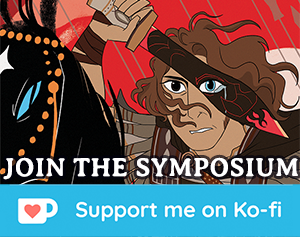
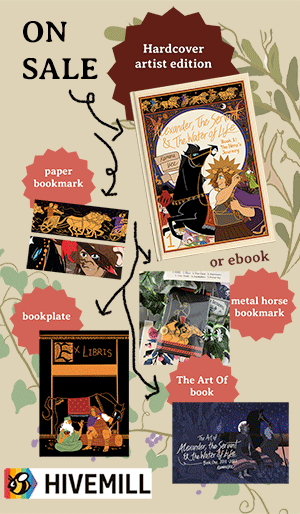
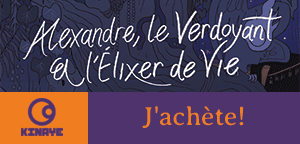
Newsletter
Follow the 21st century graphic novel retelling of the Alexander Romance, a
historical-fantastical
account about the life,
deeds and legends of Alexander the Great. Never miss a single update.
Privacy policy
